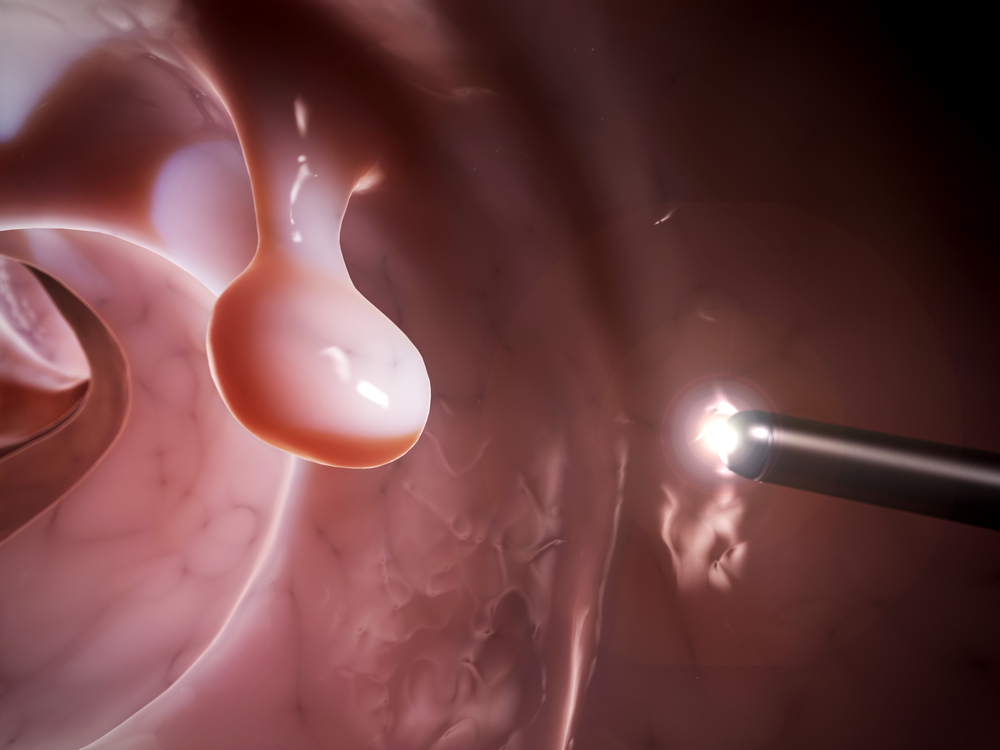In a recent study published in the journal Cancer, a research team from UC San Diego School of Medicine conducted the first population-based study characterizing the association and temporal relationship between gastrointestinal stromal tumors (GIST) and other cancers by both site and histological type. Results from the study entitled “Increased risk of additional cancers among patients with gastrointestinal stromal tumors: A population-based study” suggest that one in every 5.8 patients suffering from GIST are likely to develop other malignancies both before and after diagnosis.
Approximately 5% of all gastrointestinal stromal tumors (GISTs), the most common mesenchymal tumors of the gastrointestinal (GI) tract, have a hereditary etiology. Known heritable GIST syndromes are caused by germline mutations in KIT (c-KIT), platelet-derived growth factor receptor a (PDGFRa), neurofibromin 1, and succinate dehydrogenase subunits. Patients and families with these genomic alterations frequently develop multiple benign and malignant tumors. However, these syndromes account for only approximately 5% of GISTs; the remaining 95% are considered sporadic. Patients with GIST are at risk of developing other sarcomas, colorectal, pancreatic, carcinoid tumors, non-Hodgkin’s lymphoma, melanoma, prostate hepatobiliary, esophageal, non-small cell lung, and renal cell cancers.
“Only 5 percent of patients with gastrointestinal stromal tumors have a hereditary disorder that predisposes them to develop multiple benign and malignant tumors,” said Jason K. Sicklick, MD, assistant professor of surgery and UC San Diego Moores Cancer Center surgical oncologist in a recent news release. “The research indicates that these patients may develop cancers outside of these syndromes, but the exact mechanisms are not yet known.”
According to the team, these associations may carry important clinical implications for future cancer screening and treatment strategies, however, more studies are necessary.
“Patients diagnosed with gastrointestinal stromal tumors may warrant consideration for additional screenings based on the other cancers that they are most susceptible to contract,” said co-author James D. Murphy, MD, assistant professor of radiation oncology and UC San Diego Moores Cancer Center radiation oncologist.
In the study, the researchers found that in comparison with the US population, people with GIST had 44 more prevalence of cancers before the diagnosis of GIST and were 66% more likely to develop cancers following diagnosis.
The results also revealed that the most common tumors were in the blood, respiratory, breast and genitourinary tract. The researchers also found that patients from a non-Hispanic background had more incidence of other cancers before a GIST diagnosis. Compared to patients with large tumors, patients with tumors smaller than 10 centimeters were more likely to have a second cancer. Patients with tumors of 2 cm or less were more likely to develop other tumors before and following diagnosis.


